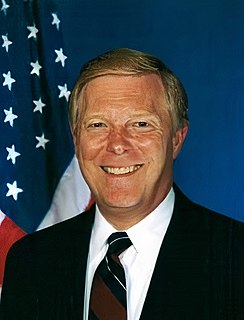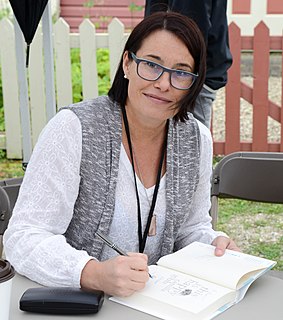A Quote by Barbara Castle
And what always struck me about that war period was how even Churchill had to talk socialism to keep up people's morale.
Related Quotes
Adlai Stevenson, himself a notable speaker, often reminisced about his last meeting with Churchill. I asked him on whom or what he had based his oratorical style. Churchill replied, "It was an American statesman who inspired me and taught me how to use every note of the human voice like an organ." Winston then to my amazement started to quote long excerpts from Bourke Cockran's speeches of 60 years before. "He was my model," Churchill said. "I learned from him how to hold thousands in thrall."
I'd prefer people read about Churchill and how he wasn't overwhelmed by Nazi Germany. Amazing; that the morale of a country rested on one person's shoulders. Extraordinary people carried that country through its darkest hours; truly inspirational. I suppose that's my theme. Whether it's a biography or a movie; whether it's fictional or true, I'm inspired by people doing great things.
I'm always struck, when I play characters from previous centuries, how young they were when they did what they did. That's what I need to get used to - when I portrayed a Russian cavalry solider in 'War & Peace,' he was in his teens. When I do a period piece, that's the hardest thing for me to get my head around.
I call it financial impotence, this notion of not having enough money, because it has the same characteristics as sexual impotence. And men will never talk about sexual impotence, no matter how close you are to someone, but financial impotence is an even greater barrier. And, I broke that omerta. I had people walk up to me in the grocery store - Several people, coming up to me and saying, "Gosh. Let me tell you my story." People are so pent up with their sense of financial impotence, that they're dying to get it out!
Churchill: "Madam, would you sleep with me for five million pounds?" Socialite: "My goodness, Mr. Churchill... Well, I suppose... we would have to discuss terms, of course... " Churchill: "Would you sleep with me for five pounds?" Socialite: "Mr. Churchill, what kind of woman do you think I am?!" Churchill: "Madam, we've already established that. Now we are haggling about the price
A lot of the people in history who I really admire lived before the hyperinformation age we're living in. Even if they were governing or solving problems in consequential periods, like the Civil War or the world wars or the Great Depression or the Cold War, they had a period of time and space to actually think, to be private and you read their biographies, and they had time to think about what was happening and how to respond. I don't think human nature has changed in the last 50-150 years, but the stresses, the demands on those of us in public life have just exploded.
That idea is strange to me. People keep on loving? People keep on loving even if you are not there in their face everyday to remind them? People keep on loving even if they no longer see you at all? People keep on loving even if they are loving someone else? Impossible: to believe you can be loved in absence when you don't even know how it feels to be loved when you are there.
People talk about how many goals I score, how I play, how I move on the field. In Argentina, on the other hand, they're always digging for dirt, and they continue to talk about me as the husband of Wanda Nara, that guy who stole the woman and ruined the life of a former teammate, when it was never actually like that.
Everyone always wants to talk about 'True Blood' and 'Battlestar Galactica' - no one's even interested in 'Durham County.' It blew my mind when I came to Canada and no one asked me about the show. So many people didn't even know about it. They didn't even know it was on the air! It's very curious to me.

































